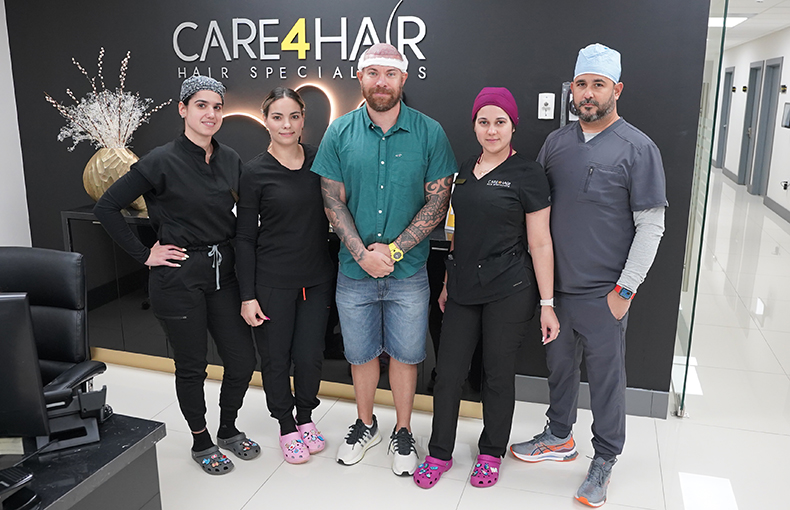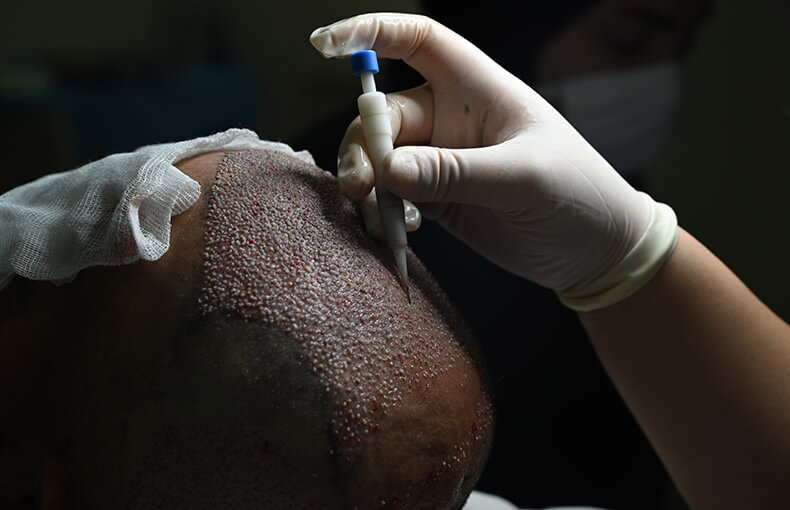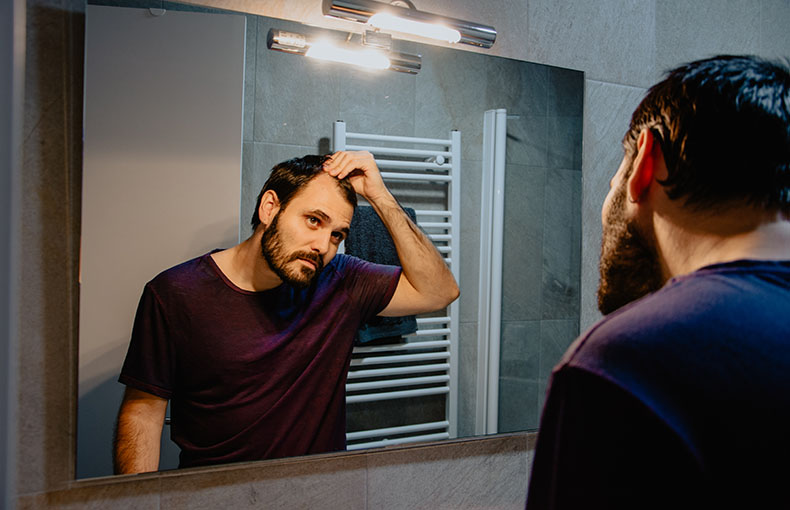
Is Creatine Responsible for Causing Hair Loss
Hair loss can be caused by a multiplicity of factors. We lose hair as we age; we could suffer from immune disorders like alopecia, in which our own immune system attacks our own hair follicles, causing the follicles to shed their hair; or we may simply not have been born with the right genetic make-up. Indeed, hair loss is very common in both men and women. Nevertheless, despite how common it is, hair loss can still cause significant stress, anxiety, and lead to loss of self-esteem.
For a very long time, our societies have associated hair with a person’s vitality, health, and youth. And while many people choose to cut it off for aesthetic reasons and still retain their stunning looks, others feel aghast when they lose their hair involuntarily. For this reason, hair transplant surgery remains incredibly popular. Many men turn to exercise to rejuvenate their bodies and self-esteem, and many take creatine supplements to improve their performance. But ever since a 2009 study tied creatine to hair loss, many people became concerned that creatine was linked to hair loss and other ailments.
But does creatine actively lead to hair loss?
Creatine is an amino-acid derivative whose purpose is to recycle ATP, the cellular compound that powers fundamental cell functioning. Creatine can stimulate muscle cells to reproduce and burn faster through energy stores like fat. As a result, creatine supplements have become popular with athletes and bodybuilders. As Dr. Jose Antonio, Ph.D. of Nova Southeastern University mentions, creatine’s effect on the body can be rather beneficial: it can improve memory and brain function; it has even been seen to benefit patients with disorders like Parkinson’s, Alzheimer’s, and diabetes Type II.
The procedure was once very popular since it was a more natural, better-looking improvement from the hair plugs used in the industry. Hair plugs tended to be visible when you pulled your hair back, and, aesthetically, they gave the impression of being “doll”-like hair. FUT was also favored by women whose long hair could easily cover the scar on the scalp left by FUT.
Nevertheless, many doctors and researchers have reiterated that the negative connection between creatine and hair loss is debatable, and closer looks at the 2009 experiment’s methods can yield different and equally valid interpretations of the data. For example, the subjects in the study who received the creatine supplement started the study with DHT levels that were 23% lower than the control group. Any increase in DHT was statistically significant, but the study results would apply only to people with lower-than-regular levels of DHT. This, combined with the fact that there has been no evidence to replicate the results of this 2009 study, means that there is no evidential reason to believe that creatine will adversely impact your hair. As far as the available research is concerned, creatine does not seem to be a bad supplement.
Are there any risks at all?
Creatine seems to slightly increase the amount of creatinine, a compound produced as cellular waste due to muscular activity. The presence of creatinine in the blood has been linked to the onset of liver or kidney disease. However, it is natural for exerted muscles to produce creatinine. Insofar as a person maintains a healthy and vigorous exercise routine, it’s not likely for creatine to have detrimental effects. The thing to keep in mind, above all, is that there is no consequential evidence to link creatine to hair loss, but this does not mean that the link does not exist. You should be cautious and moderate in taking creatine, especially if you are predisposed to liver and kidney issues.
Don’t hesitate to consult your Care4Hair experts if you have any further questions!




















